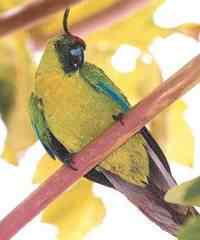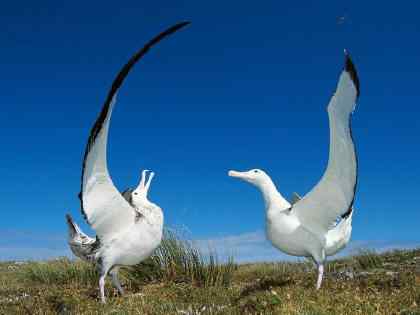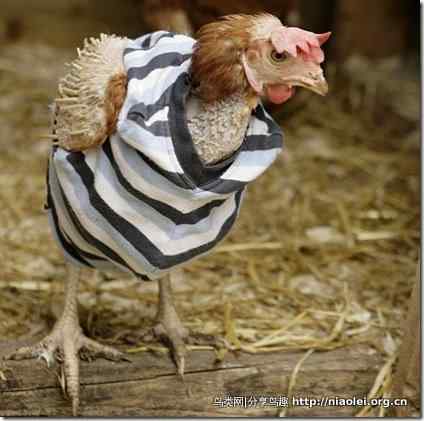兀鹫审镇乐观的新希望兀鹫的饲养繁殖成功,其实我们并不鼓励饲养繁殖拯救物种,但目前在南亚的野外兀鹫减少太急激了(自1992年以来,百分之97没了),在还不能彻底清除Diclofenac在畜药的使用以前,有一个饲养种群是个保险,就好像20年前的加州神鹫一样。http://www.birdlife.org/news/news/2009/08/vulture_success.html
06-08-2009
Two Slender-billed Vultures - which are rarer and more threatened in India than the tiger - have been reared at dedicated breeding centres in India, along with three White-rumped Vultures Gyps bengalensis (another Critically Endangered species). It is estimated that only 1,000 Slender-billed Vultures remain in the wild and their population is decreasing dramatically every year.
Chris Bowden of the RSPB (BirdLife in the UK) is in charge of the Society's Asian vulture programme. He said: "This news is a huge boost to those of us fighting to save Asian vultures, which face extinction in the wild within the next decade unless we can prevent the veterinary use of Diclofenac, which causes acute kidney failure in vultures consuming the carcasses of treated livestock."
Scientists believe numbers of White-rumped Vultures in India could now be down to fewer than 11,000 individuals from tens of millions in the 1980s. Populations of Indian and Slender-billed Vultures have dropped to around 45,000 and 1,000 birds respectively.
The vultures' catastrophic decline has been driven by the veterinary drug Diclofenac. The birds die of kidney failure after eating the carcasses of livestock that have died within a few days of treatment with the drug.
Captive-breeding programmes are a vital part of the effort to save the vultures. One of the Slender-billed Vultures fledged this year was bred at the Pinjore centre, in Haryana, and the second at Rajabhat Khawa, in West Bengal. This year's three White-rumped Vultures were also fledged at Pinjore, in Haryana.
Dr Vibhu Prakash, Head of the Bombay Natural History Society's (BNHS, BirdLife in India) Vulture Breeding Programme, said: "As many more of the young birds reach maturity over the next two years, we confidently anticipate that breeding will really take off".













发表评论:
◎欢迎参与讨论,请在这里发表您的提问或看法,交流您的观点。